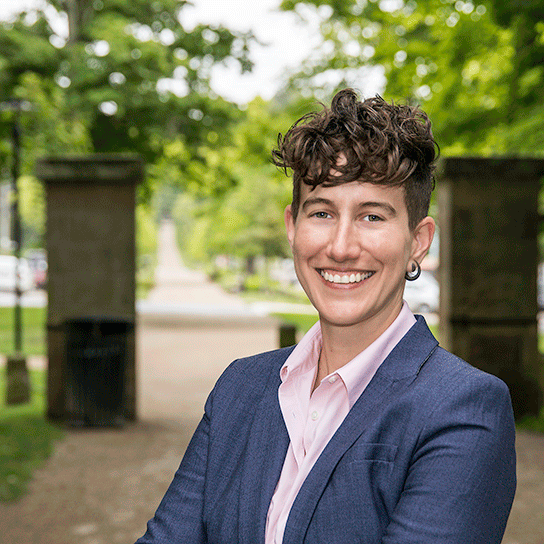Postdocs are often so busy trying to complete the next experiment or write the next draft of a manuscript (and hopefully get it published!), that we don’t have sufficient time to plan for the next stage of our careers. Usually, we start with reading job announcements, preparing our application materials, and then hoping to get invited for interviews. However, the preparation tends to stop there. What are the next steps after receiving an interview invitation or a job offer? How can you assess whether or not the job would be a good fit before making a final decision?
The easiest way to start learning about what a company or academic department really stands for is by performing an extensive on-line review of their website, specifically focusing on their mission and values statements. Do they match with your values? Importantly, you need to determine if these statements are simply the product of a leadership retreat or are engrained in the day-to-day operations of the company or department. To delve deeper, you can either reach out to people working at the company (e.g., connect via your LinkedIn network and ask for an informational interview) or ask specific questions during your interview to get an understanding of the real culture of the group you’ll be joining. As outlined by Robert Walters (How to tell if a company’s culture is right for you), consider asking the following questions during your interview:
- How would you describe the company culture?
- What would a typical day-to-day look like?
- What’s your favorite part about your job? What is the least?
- Do people engage in team activities together?
- Who would I be working the closest with and would it be possible to meet them?
- What key traits are essential for filling this role?
Finally, the average US worker changes jobs 12 times in their career (Doyle, 2019, How often do people change jobs). Therefore, when evaluating a particular job and setting up your pros vs. cons list, the expectation that this job will be “your forever” job is unrealistic. It is simply “your next” job – a place where you will continue to grow, learn, and prepare for future impact and opportunities. In fact, doctoral degree holders should think of their career as a book with multiple, yet to be determined chapters (Golde, 2019, Careers go in chapters). In the future, when we look back on the totality of our career, we will likely be able to tell a nice, linear story. However, as of now, the individual chapters of our career and life have not been predetermined … the best we can do at this point is to be prepared when the next new and exciting opportunity presents itself. Therefore, do your best to learn new skills, look for new directions, and be prepared for the future.

